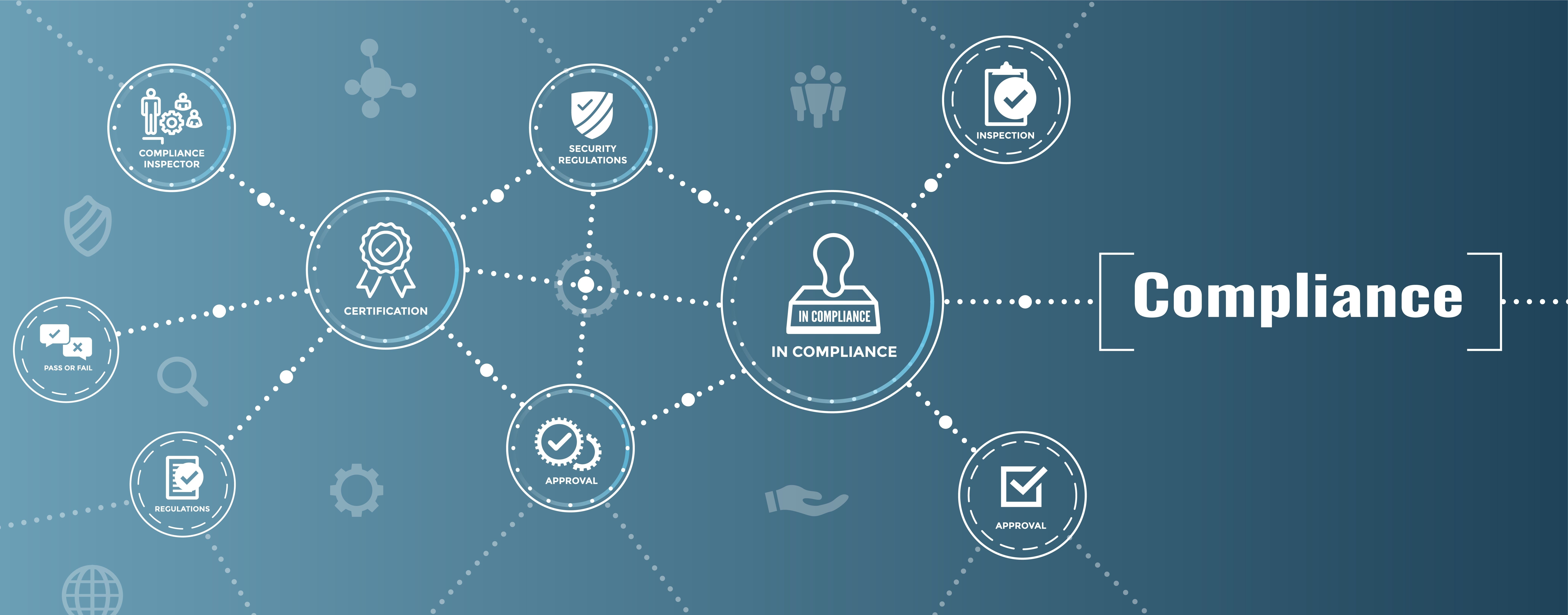Large Molecule Solutions
Move your large molecule forward through discovery, IND, and NDA submission with WuXi AppTec. We provide fully integrated programs that address the bioanalytical, DMPK, and toxicology testing needs of your candidate, accelerating your biotherapy development process.
Large Molecules Tested by WuXi AppTec Lab Testing Division
IND Enabling Packages
In Vitro Studies per Year
In Vivo Studies per Year
Comprehensive Preclinical Testing
for Large Molecule
We combine world-class biologics testing with cross-functional program management and global regulatory expertise to advance the next generation of biotherapeutics through the development life cycle.
DMPK
Leverage a global network of facilities offering a full range of discovery screening, preclinical development, and clinical drug metabolism and pharmacokinetic services.
Bioanalysis
Put your large molecule candidate on the right track with a bioanalytical strategy designed to establish and execute the right assays for regulatory submission.
Toxicology
Our integrated safety assessment services provide multidisciplinary expertise and experience that saves time and cost while yielding the valuable data you need.
CMC
We support your CMC authoring needs, in both the US and China, from preclinical to commercial lifecycle management for both drug substance and product.
Pharmacology
Get validated discovery assays, including in vitro assays and in vivo disease models in cardiovascular, CNS, respiratory, metabolic, and infectious diseases.
Regulatory Affairs
Make global filings convenient, efficient, and cost-effective across US FDA, NMPA, and EMA with our extensive regulatory submission support.
End-to-End Preclinical Services
With capabilities in DMPK/ADME, bioanalytical, safety assessment, pharmacology, Chemistry, Manufacturing and Controls (CMC) and analytical services all under one roof, WuXi AppTec is a global expert in preclinical development testing and can support the full scope of your biologics development, from discovery to IND-enabling studies to NDA submission.


Global Partner & Network
WuXi AppTec is a true global provider in preclinical large molecule solutions, with state-of-the-art facilities and experts across US, Europe, and China. We have decades of experience operating within diverse regulatory environments and delivering tailored testing solutions that advance large molecules from preclinical through IND, NDA and beyond.
Regulatory Expertise
We help you navigate the complex world of large molecule regulatory standards and guidance, bringing deep technical expertise enriched by constant interaction with regulatory authorities. This knowledge and detail are then translated into actionable, forward-looking testing strategies that meet stringent requirements and enable smooth progression from testing to regulatory approval.

Explore Large Molecule Insights



Frequently Asked Questions
What are large molecules in the context of preclinical testing?
In preclinical testing, large molecules are complex biological compounds like proteins, antibodies, nucleic acids (DNA or RNA), and peptides. These molecules are commonly synthesized using biotechnological methods. Large molecules are distinct from small molecules, which are typically simpler chemical compounds synthesized through chemical processes.
Why is preclinical testing important for large molecules?
Preclinical testing for large molecules is crucial for assessing safety, efficacy, pharmacokinetics, and pharmacodynamics before advancing to human trials. It also helps optimize formulation and delivery methods, ensuring compliance with regulatory requirements for drug development.
What types of preclinical testing are typically conducted for large molecules?
Preclinical testing for large molecules involves studying their safety, effectiveness, how they move through the body, and their potential to trigger immune reactions. This includes tests to see if they cause any harm, how they are metabolized, how they work in the body, and where they go once inside. These studies help determine if large molecule drugs are safe and effective enough to move forward to human trials.
How do preclinical studies contribute to the development of large molecule therapeutics?
Preclinical studies help researchers understand how large molecules interact with biological systems, identify any potential adverse effects, determine appropriate dosage levels, and optimize their formulation and delivery methods. By addressing these factors early in the development process, preclinical studies guide decision-making, minimize risks, and pave the way for successful clinical trials and eventual regulatory approval of large molecule therapeutics.
How are large molecules different from small molecules in terms of preclinical testing?
Large molecules differ from small molecules in preclinical testing due to their structural complexity, manufacturing processes, biological activity, immunogenicity, and formulation requirements. Preclinical testing for large molecules requires specialized approaches to assess their safety, efficacy, and pharmacological properties, ensuring their suitability for clinical trials and regulatory approval.
What are the main challenges in preclinical testing of large molecules?
The main challenges in preclinical testing of large molecules stem from their structural complexity, potential immunogenicity, and specialized formulation needs. Additionally, challenges in assay development, species differences, biomarker determination, and safety assessment pose significant obstacles. Meeting stringent regulatory requirements compounds these difficulties. Overcoming these challenges demands thorough study design, specialized expertise, and innovative approaches to ensure accurate assessment of large molecule therapeutics before human trials.
What are the common methods used for preclinical safety assessment of large molecules?
Common methods for preclinical safety assessment of large molecules include acute and repeated dose toxicity studies, genotoxicity, and carcinogenicity assessments, immunotoxicity studies, reproductive toxicity evaluations, cardiovascular and respiratory safety studies, and local tolerance assessments.
How are large molecules evaluated for pharmacokinetics and pharmacodynamics in preclinical studies?
In preclinical studies, large molecules are assessed for pharmacokinetics and pharmacodynamics using a combination of in vitro and in vivo approaches. In vitro studies entail evaluating the molecule’s properties in controlled laboratory settings, such as cell-based assays to assess receptor binding or enzyme activity. In vivo studies involve using animal models to measure the molecule’s absorption, distribution, metabolism, and excretion, as well as its therapeutic effects in relevant disease models. Together, these methods offer valuable insights into the behavior and efficacy of large molecules, guiding dose selection and optimization for clinical development.
What considerations should be taken into account for selecting preclinical testing solutions for large molecules?
When selecting preclinical testing solutions for large molecules, it’s crucial to ensure that providers offer both scientific expertise and extensive project management experience, essentially functioning as an extension of your team. Seek out providers capable of delivering flexible, customized solutions tailored to your specific requirements. Additionally, evaluate the availability of specialized assays, relevant animal models, and comprehensive services covering safety, pharmacokinetics, and pharmacodynamics assessments. Regulatory compliance, along with the delivery of high-quality data and robust reporting, is essential for informed decision-making throughout the development process of large molecule therapeutics.
What are the regulatory requirements for preclinical testing of large molecules?
The regulatory requirements for preclinical testing of large molecules necessitate adherence to Good Laboratory Practice (GLP) standards and International Conference on Harmonisation (ICH) guidelines. These include safety pharmacology, toxicology, genotoxicity, carcinogenicity, immunotoxicity, and reproductive toxicity studies. Additionally, comprehensive evaluation of biodistribution, pharmacokinetics, and biomarkers, along with the submission of detailed study reports, is essential for regulatory compliance and successful progression into clinical trials.
What role does in vitro testing play in preclinical assessment of large molecules?
In vitro testing of large molecules helps researchers understand their pharmacological properties, mechanisms of action, and safety profiles. Specifically, it enables them to evaluate binding affinity, screen for activity, predict metabolism, study cellular responses, assess toxicity, and optimize formulation. In vitro studies provide valuable early insights, complementing in vivo research and guiding decision-making in the development of large molecule therapeutics.
What are the considerations for scalability from preclinical testing to clinical trials for large molecule therapeutics?
Considerations for scalability include optimizing manufacturing processes, selecting appropriate dosing regimens, optimizing formulations for clinical use, identifying, and validating biomarkers, ensuring regulatory compliance, and integrating preclinical and clinical data for informed decision-making.
Let’s Talk About Your Large Molecule
Have questions? Need specific assays? Talk to an expert today about your large molecule program.